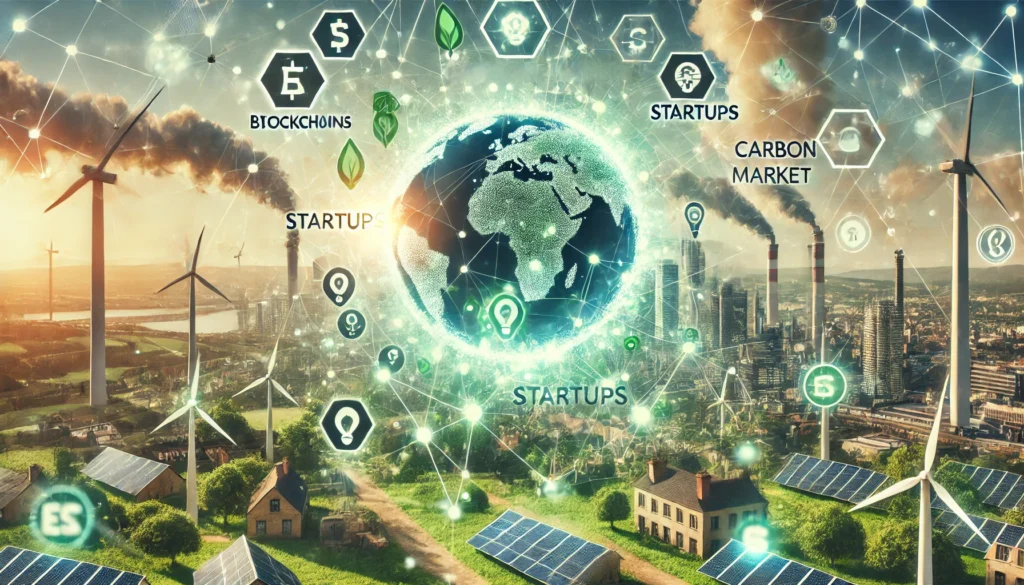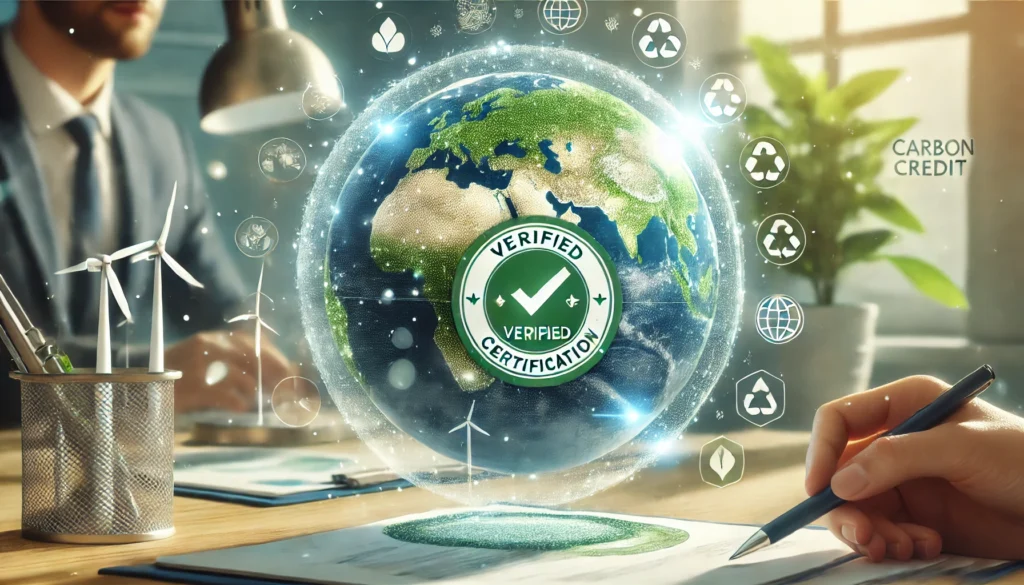The carbon market has emerged as one of the most promising tools in the fight against climate change. Startups have taken on a critical role in this arena, introducing innovation, accessibility, and new ways to engage both businesses and individuals. These agile companies are uniquely positioned to address the challenges and opportunities in the carbon market. This article delves into how startups are shaping the future of the carbon market, the primary obstacles they face, and best practices for companies and consumers eager to participate.
In-Depth Research and Analysis
What is the carbon market?
The carbon market is an economic tool designed to combat greenhouse gas (GHG) emissions. It operates on two main fronts:
- Regulated market: Established by governments with emission caps and mandatory carbon credits.
- Voluntary market: Businesses and individuals purchase carbon credits to offset their emissions, even without legal obligations.
Startups primarily operate in the voluntary market, offering technological solutions to measure, offset, and trade carbon credits.
The role of startups in the carbon market
Startups are filling gaps left by large corporations and governments, particularly in these areas:
- Technological innovation:
- Digital platforms for tracking emissions and purchasing carbon credits.
- Blockchain-based solutions to ensure transparency and prevent fraud.
- Artificial intelligence tools to forecast and optimize carbon reduction strategies.
- Democratizing access:
- Startups like Pachama and Sylvera make it easier for small businesses and individual consumers to participate in the carbon market, a space traditionally dominated by large corporations.
- Integration with diverse sectors:
- Emerging companies link carbon offsetting to industries such as transportation, tourism, and agriculture.
Benefits of startups in the carbon market
- Transparency: Blockchain tools prevent duplication and fraud, a recurring issue in the sector.
- Efficiency: Reduced bureaucracy makes acquiring carbon credits faster and more accessible.
- Scalability: Business models that reach global markets while promoting local actions.
Challenges faced by startups
- Regulation and compliance:
- Complex and inconsistent legislation across countries hinders the standardization of practices.
- Validation and certification of projects increase initial costs.
- Competition:
- Larger corporations and traditional organizations have greater financial resources.
- Consumer trust:
- A lack of public understanding about carbon credits and their effectiveness can create barriers for startups.
Features and Functionality of Solutions Offered by Startups
Key functionalities:
- Carbon calculators:
- Simple tools for individuals and businesses to calculate their emissions.
- Examples: Carbonfootprint.com and Ecolibrium.
- Digital marketplaces:
- Platforms where users can buy and sell carbon credits.
- Notable players include Offset Earth and Cloverly.
- Automated certification:
- Processes that validate and certify offset projects without traditional audits.
- Gamification:
- Apps that encourage carbon reduction through challenges and rewards.
Comparisons and Guides
Startups vs. traditional models
| Aspect | Startups | Traditional Models |
|---|---|---|
| Agility | High: Automated processes | Moderate: Bureaucratic processes |
| Technological innovation | Leverage blockchain and AI | Minimal innovation |
| Accessibility | Widely accessible | Limited to large corporations |
| Cost | Lower, due to fewer intermediaries | Generally higher |
How can businesses or individuals benefit from startups in the carbon market?
- Choose a trusted platform:
- Verify the startup’s reputation and adherence to recognized standards like Verra or Gold Standard.
- Understand your emissions:
- Use a carbon calculator to assess your impact before purchasing credits.
- Support local projects:
- Opt for startups promoting regional initiatives to maximize environmental and social benefits.
- Prioritize advanced technology:
- Blockchain solutions offer greater security and traceability.
Conclusion
The role of startups in the future of the carbon market is undeniable. By combining innovation, accessibility, and scalability, these emerging companies are redefining how we offset and reduce emissions. However, their success depends on overcoming regulatory challenges and earning public trust.
Whether you’re an environmentally conscious individual or a business aiming for sustainability, startups present a unique opportunity to actively engage in the fight against climate change.


